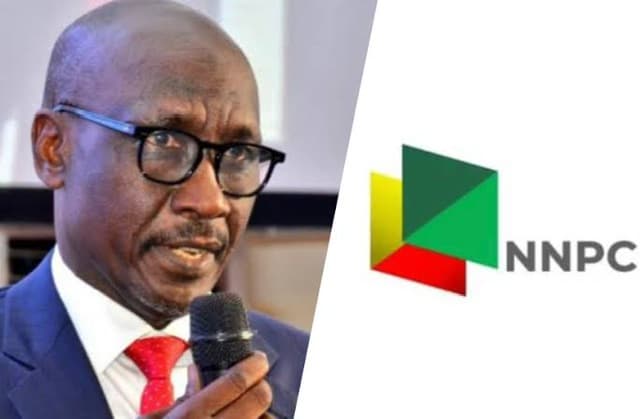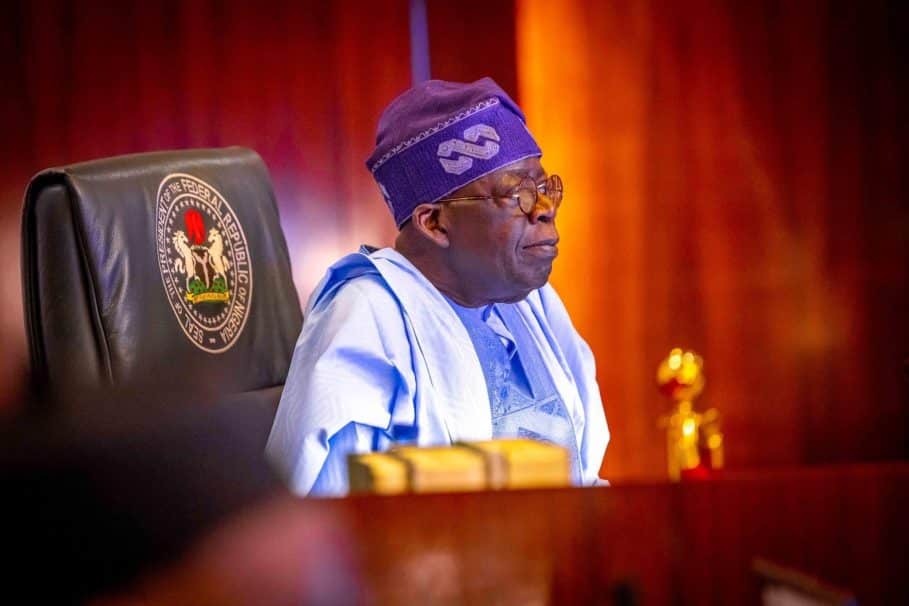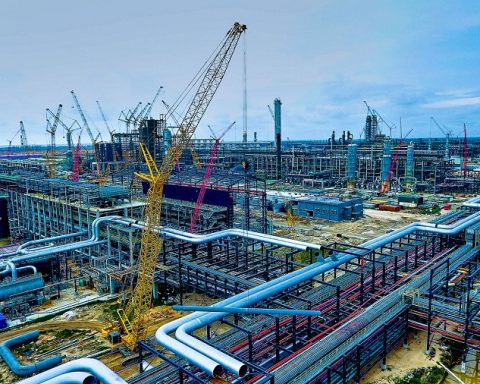The Nigerian National Petroleum Company Limited (NNPCL) may continue servicing its crude-for-loan obligations until 2029 due to rising domestic demand for oil from local refineries.
As Nigeria’s refining capacity expands, particularly with the Port Harcourt and Warri refineries coming online and the $20 billion Dangote Refinery in Lagos, NNPCL’s financial commitments tied to crude oil are under scrutiny.
Join our WhatsApp ChannelIncreasing Domestic Demand for Crude Oil
The Nigerian Upstream Petroleum Regulatory Commission recently revealed that the country’s refineries would require 123,480,500 barrels of crude oil between January and June 2025.
This surge in local demand complicates NNPCL’s crude-for-loan obligations, as it balances domestic needs with international financial commitments.
NNPCL’s Crude-for-Loan Deals
According to findings, NNPCL has pledged 272,500 barrels per day of crude oil through various crude-for-loan agreements, amounting to $8.86 billion.
These deals include significant projects such as Project Panther, Project Bison, Project Eagle, Project Yield, and Project Gazelle, each involving substantial crude oil pledges and complex repayment structures.
READ ALSO: Account For ‘Missing’ N825b, $2.5b Refinery Funds, SERAP Tells NNPCL
Project Panther’s Significant Pledge
Project Panther stands out with a $1.4 billion facility secured in 2022 from commercial banks and Chevron Nigeria Limited. NNPCL has drawn $359 million so far, pledging 23,500 barrels of crude oil per day as collateral.
Despite no repayments yet due to a moratorium period, the deal underscores the extensive use of crude oil as financial leverage.
Other Major Agreements
- Project Bison: A $1.04 billion pre-export financing facility to secure a 20% stake in the Dangote Refinery, fully repaid by June 2024. It required a pledge of 35,000 barrels of crude oil per day.
- Project Eagle: Originally a $935 million tranche obtained in 2020, with subsequent tranches extending the financial strain. The latest $900 million tranche, maturing in 2028, pledges 21,000 barrels per day.
- Project Gazelle: A $3 billion forward sale agreement, requiring a pledge of 90,000 barrels per day, aimed at covering future tax and royalty obligations. Repayments are set to start mid-2024.
- Project Yield: A $950 million facility for the Port Harcourt Refinery, pledging 67,000 barrels per day, with repayments beginning in December 2024.
Industry Reactions
Operators in the oil sector are urging NNPCL to prioritise crude supply to domestic refineries. The Independent Petroleum Marketers Association of Nigeria (IPMAN) expressed confidence that these agreements would not affect local crude supply, emphasising international standards that mandate a domestic percentage for refineries.
The IPMAN National Publicity Secretary, Chinedu Ukadike, explained that the Organisation of Petroleum Exporting Countries has laid out standards and guidelines to ensure adequate crude allocation for domestic refineries. “Yes, we are aware of these issues but in terms of international standards of crude supply, there is always a domestic percentage that is meant for local refineries and must be fulfilled. Those are not part of the ones to be allocated for loans.” he said
Outlook for NNPCL
As NNPCL navigates these complex financial waters, the balance between meeting loan obligations and ensuring sufficient crude oil for domestic refining remains a critical challenge. The crude-for-loan deals, while addressing immediate financial needs, also highlight the long-term implications for Nigeria’s oil industry.















